
Stop dwelling on passing days, months and years. Look with delight in the undergrowth where chrysanthemums bloom.— Dogen Zenji
When my parents were still quite young, they used to join friends every now and then for an event called a “grunion run.” The grunion is a slender, five-inch-long fish found in the waters off Southern and Baja California with a rather adventurous spawning behavior. In the middle of the night at high tide during the full and new moons of spring and summer, thousands of grunion might swim far up onto the beach and flop themselves into the wave-washed sand. Eggs are laid and fertilized. You can fish for them while all this is underway, but only with your bare hands.
I remember this as something that a family with three children under age 7 could do for a thrill when they had no money and a six-pack of beer. Any haul of fish, I suspect, was secondary to the exhilaration of running amok in the wet sand at high tide in the dead of night.
At the time, and for long after, my parents’ lives were burdened by worry, despair and disappointment. It’s not surprising that it seemed reasonable to bundle up on a windy cold beach with your babies at midnight and wait for the split-second when something truly remarkable could happen.
Last week a package arrived at the door. Inside were special glasses for viewing a solar eclipse. My husband, the NASA engineer, is gearing up for the event of a lifetime. He’s flying to a place that’s located within the so-called path of totality, the 65-mile-wide swath from Oregon to South Carolina where the full eclipse can be viewed, clouds permitting. He offered that my daughter and I could come too, but I reminded him that she would have started school by then, her last year here at home. He shrugged and said that it would only be visible for 2 minutes anyway.
Each moment is nothing but the moment of appearing and disappearing. — Maezumi Roshi
Even as brief as 2 minutes, the sight “brings people to tears,” said a spokesperson for the American Astronomical Society. “It makes people’s jaws drop.” The lure of instant transcendence must be irresistible. A friend in Oregon told me that the hotels are all booked up and the little towns are bracing for huge crowds and massive traffic jams.
These days on Earth are exceedingly dark and worrisome. We have every reason to despair for ourselves, our children and our future. So we look for solace and meaning, inspiration and awe. But what we’re really hankering for is not what happens just once in a lifetime. And it’s not going to be found up in the sky. Besides, despite what people think, a total eclipse of the sun is not even that rare. Every 18 months (on average) a total solar eclipse is visible from some place on the Earth’s surface. Wherever you are standing, it might return in as long as 375 years, or as short as a year-and-a-half. Will you see it? For that matter, will you ever see your life unfolding in its precious rarity right where you stand? That’s the real question.
This is the fact of your life! This is the business of this life!—Maezumi Roshi
The last time I was so acutely aware of an eclipse was on August 11, 1999. That morning I had been admitted to the hospital to have labor induced because I had complications and the baby was at risk. The thing is, nothing happened. The contractions never started. At the end of the day, after I’d been told that we’d start all over in the morning, I watched the news. That’s how I learned that there had been a total eclipse of the sun that day, visible mainly over Europe. To me, that explained the delay. Life seems to stand still in anticipation of a solar eclipse, and then it disappears.
You may suppose that time is only passing away and not understand that time never arrives. — Dogen Zenji
I live in my own path of totality, you see, a path I try not to veer away from. Completely engaged in the precious and fleeting rarity of my own immediate reality. Eclipsed by nothing and nowhere else. Alert and alive to the place where the rarest flower blooms. Embracing the moment that will never return: now.
This is the only place we have the power to go good and do good for others.
And that, my friends, is what brings me to tears.

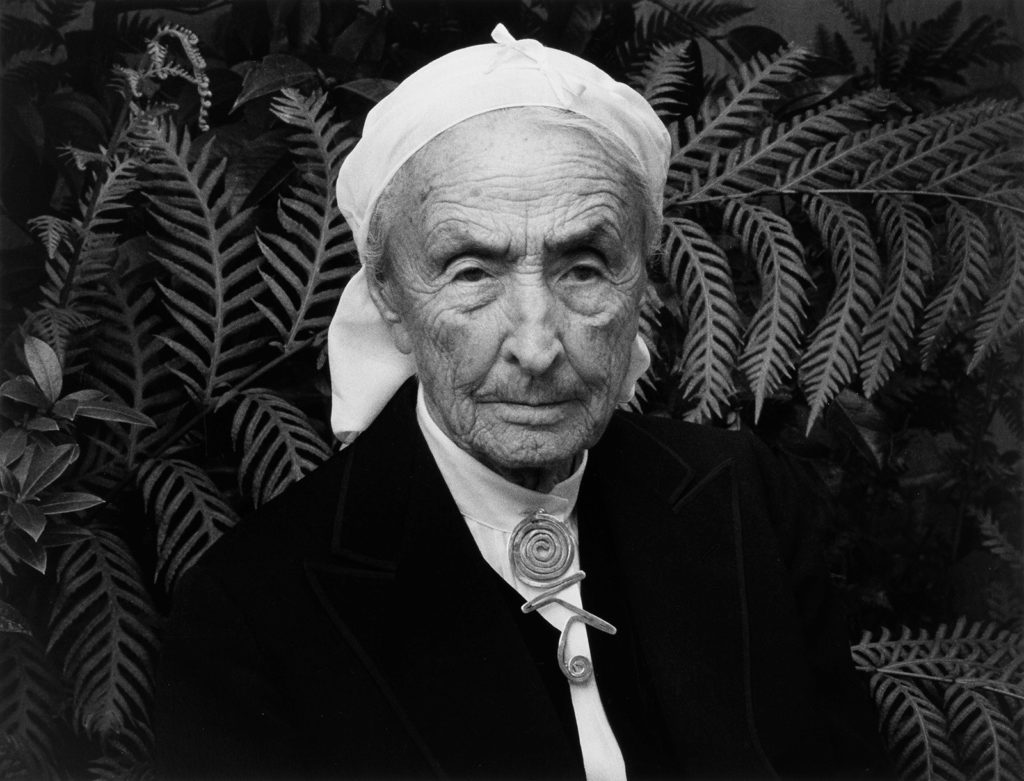


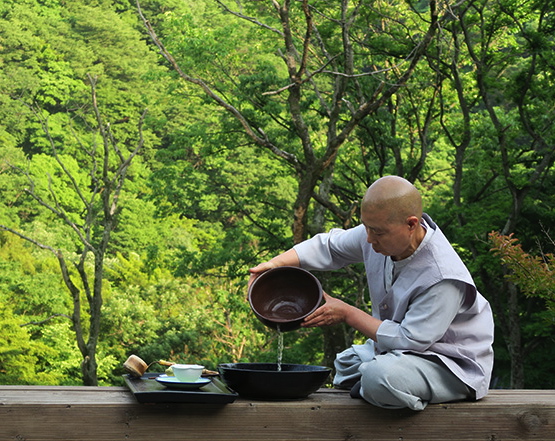


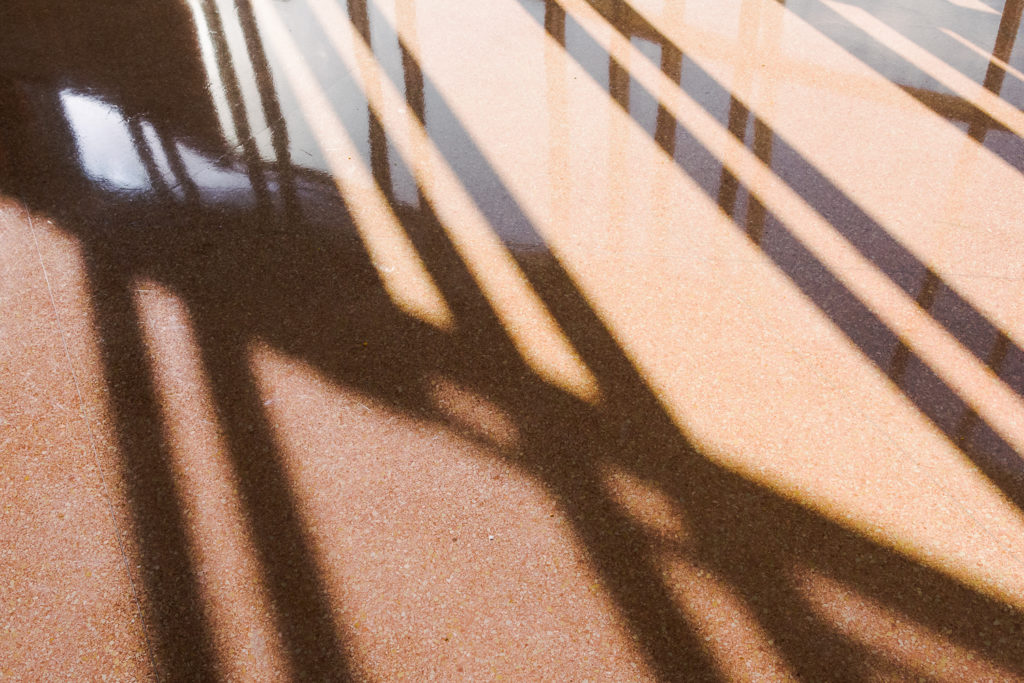
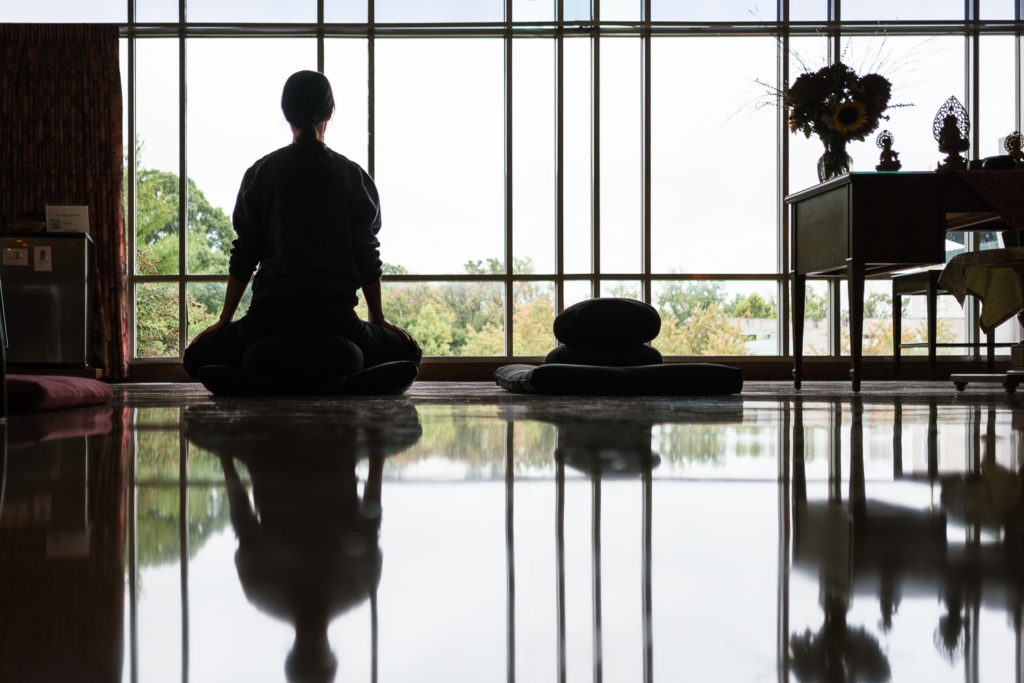
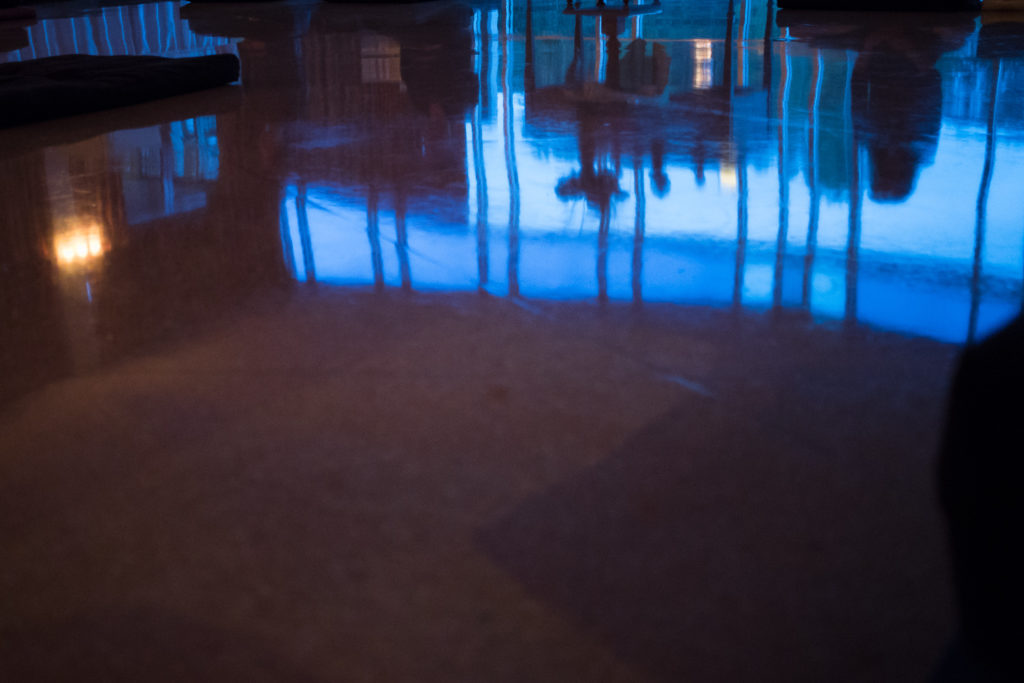

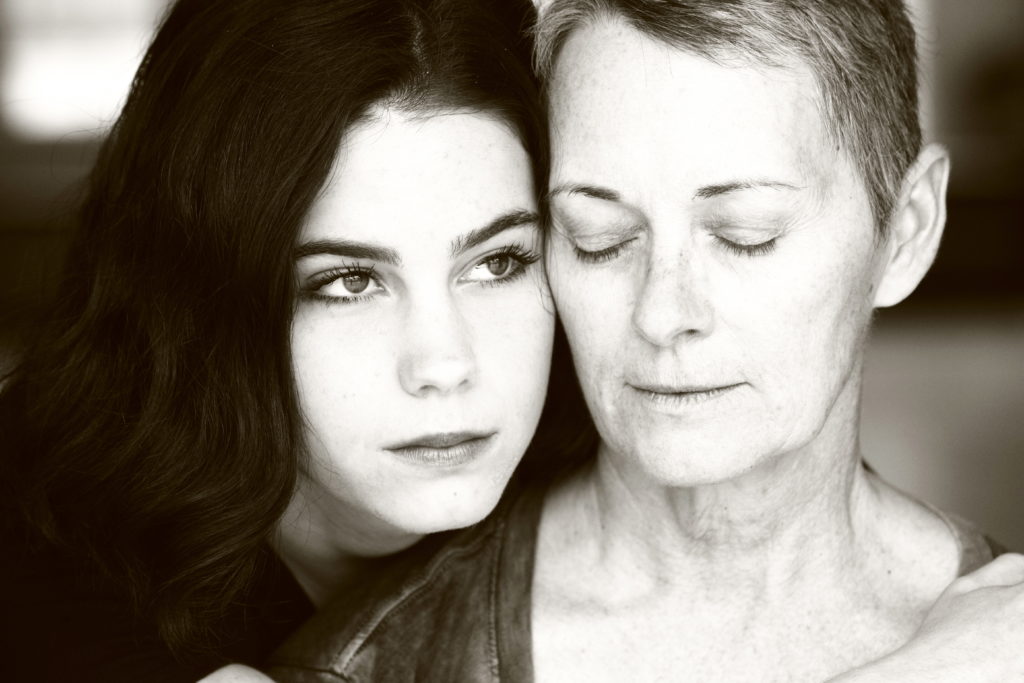
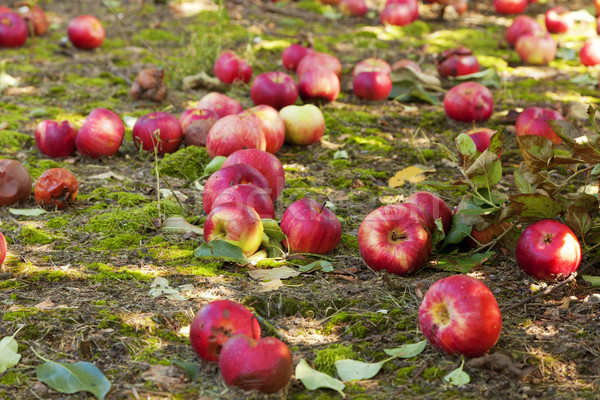




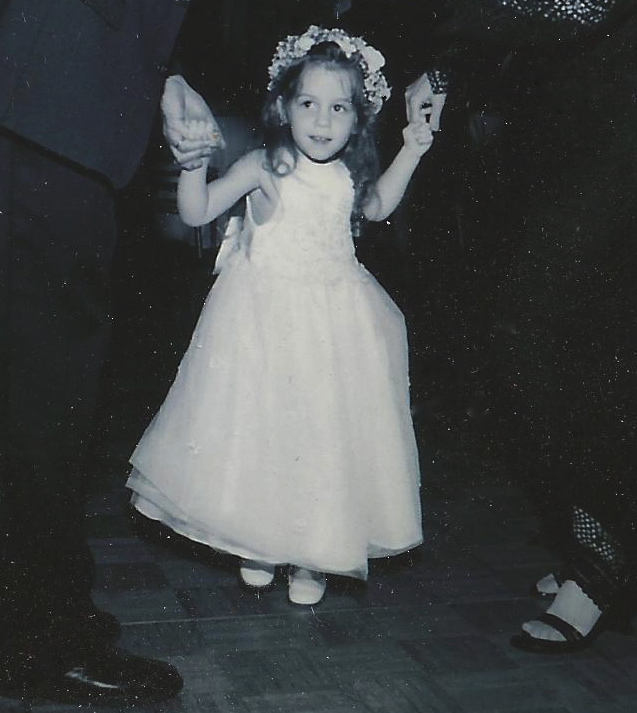
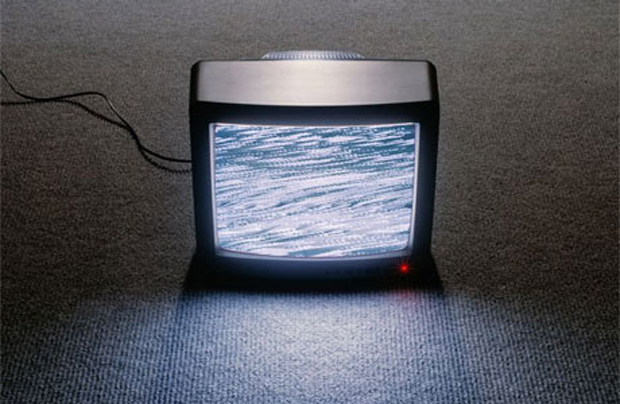
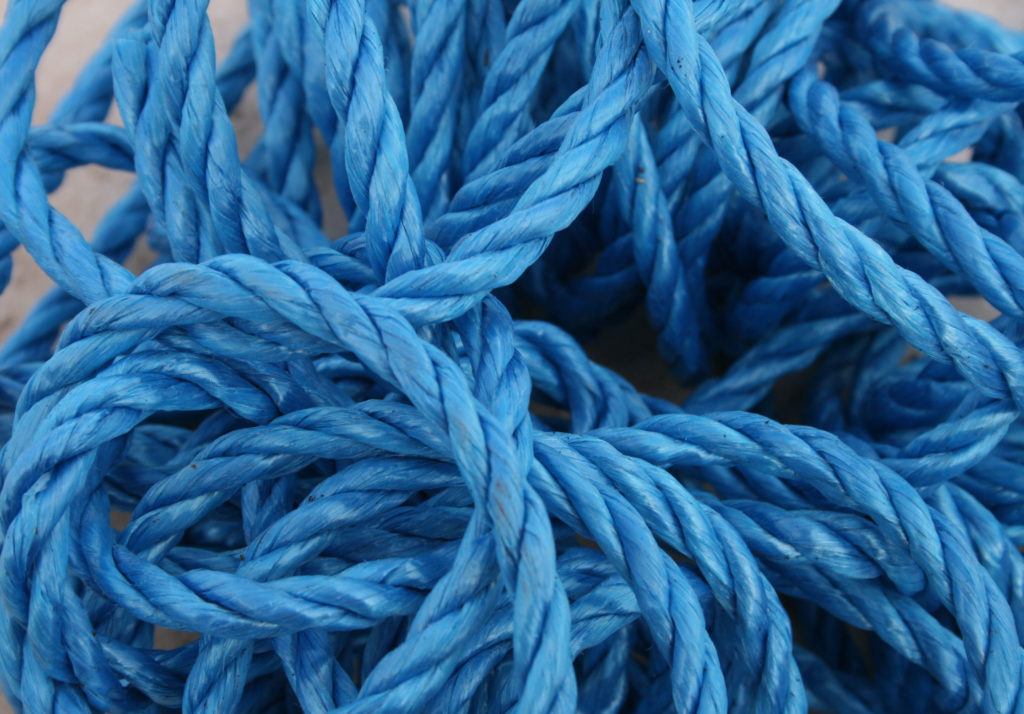
 Teachable moment – a learning opportunity for a child to acquire new information, values, morals, a new behavior or a new skill, or a new way of expressing and coping with an emotion.
Teachable moment – a learning opportunity for a child to acquire new information, values, morals, a new behavior or a new skill, or a new way of expressing and coping with an emotion.
